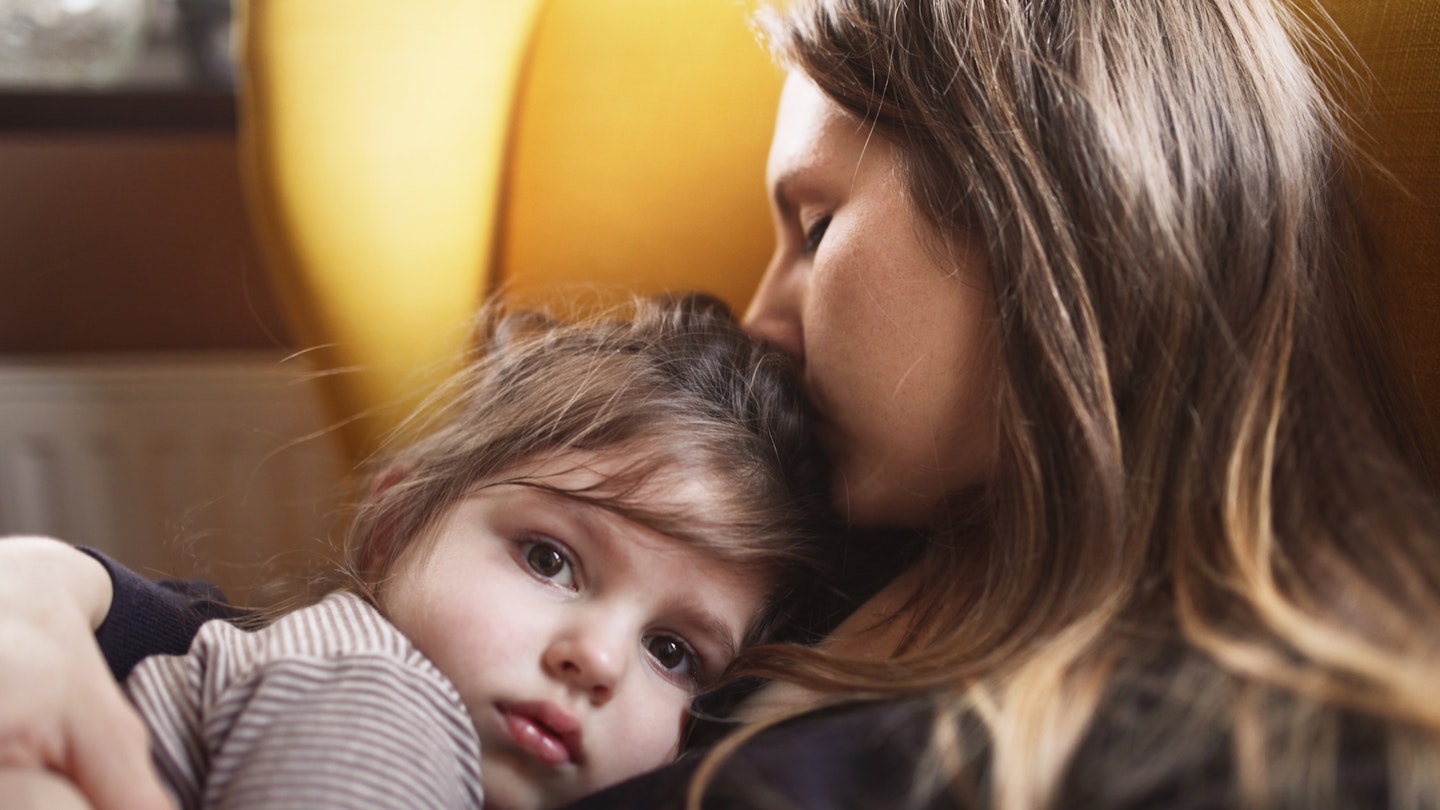Written by: Alice Haddon and Ruth Field
Heartbreak is an emotionally crushing and physically poleaxing experience, one that few of us escape. And when you have children, you may feel you have to bear their heartbreak as well as your own. You may want to curl up and wish the world away, but the kids have questions – ‘Why are you crying Mummy’? ‘Why are you and Daddy shouting’? ‘Why is Mummy packing a suitcase’?
Our first instinct as a parent is to protect our children and to shield them from the pain of a break-up and the pain of knowing that one of their parents has deeply hurt the other – and you may wish and hope that they never have to hear the truth. But the best way to protect them, given that the relationship is in peril (or over), is to tell them rather than try to act as if nothing is wrong or to sugar coat it. Here are a few tips to help you…
Tell them the truth
This doesn’t mean sharing all the details, but they will thank you in the long run for being honest with them. Children are extremely astute and will see the effect of the break-up in both parents, and to help them make sense of this it’s important to tell them what has happened. They might benefit from being shielded from the grittier details, but finding a way to let them know something big has happened between you will help them not to blame themselves. It will also help them to talk to you about how they feel, and when something upsetting happens for them, they are more likely to tell you about it.
Modelling open communication is teaching your children an important life skill. You will need to mediate what you say depending on the age of your children – the younger ones might just need to know that one of other of you have broken a promise and are working hard to get through it. The older ones might be able to handle you being more direct in terms of the circumstances. In any situation it’s important to let them know that it’s not in any way their fault, that they are not the ones who can fix it, and that it’s understandable to have feelings about the situation.
Validate their feelings
You can’t stop this from hurting, but acknowledging it shows them that you respect them and can still care for them. It will be painful for you to see their upset, but trust that they will get through it just as you will. Be as kind and patient as you can be. And it’s okay to show them that it’s hurt you too, but if you can, save your most raw feelings for your friends and other family members, especially when it comes to the anger. As parents we want to fix things, put a plaster on it and make it better, keep them happy. But when something big like heartbreak happens it’s not a problem-solving situation, it’s an emotional one. Trying to move them on from their feelings too quickly by coming up with solutions or making suggestions will give them the message that you can’t bear their feelings. If you can try to do more listening than talking that’s a good guide and stick to confirmations rather than solutions: ‘I know this hurts;’ ‘I get it;’ ‘I’ve got you;’ ‘we’ll get through this’.
Remain respectful of your heartbreaker
You may want them dead, but for the children it’s important that they can still feel their love for the other parent, and this means holding back on telling them what a sh*t you think they are. It will also spare them from being in a position of having to choose a side. Sometimes you will find yourself in a situation where the circumstances might require a conversation about some behaviours being unacceptable – as in the case of abuse and deception. But allowing the children to understand that behaviours can be awful, but people can still be okay will help them to navigate the heartbreak. Of course, you may not feel that your heartbreaker is an okay person, but for your children it’s better if you can give them the information they need and let them come to their own view on that.
We know from working with many women at The Heartbreak Hotel that having to tell children the truth feels like a second heartbreak – the dissolution of the dream of family life, the smashing of the unit you have worked so hard to maintain, and the harming of the very people you want to protect. But as you come to accept that it has happened, so too will they, and it is from this point that the recovery begins.
Finding Your Self at the Heartbreak Hotel by Alice Haddon and Ruth Field is out now (HQ, £20, hardback). For more information on the Heartbreak Hotel retreats, click here
